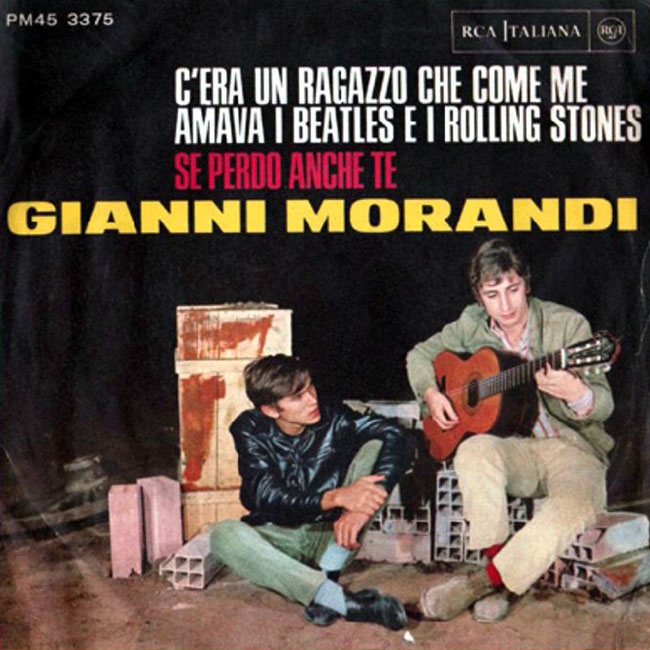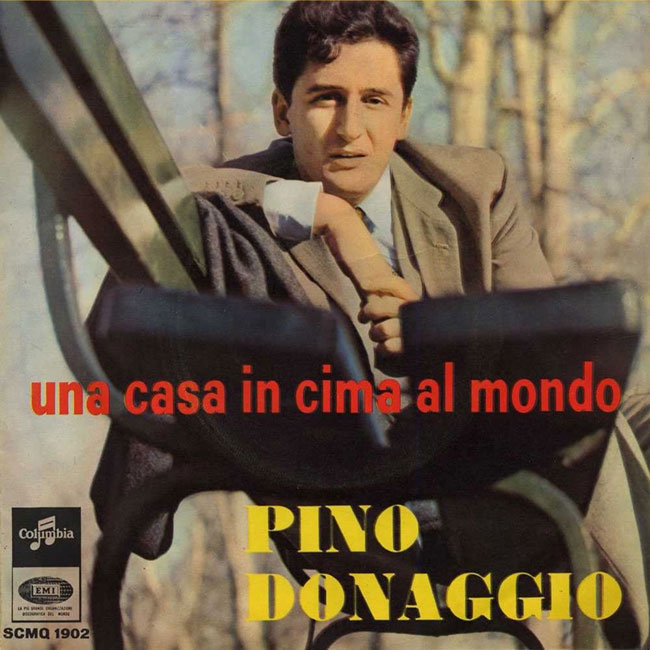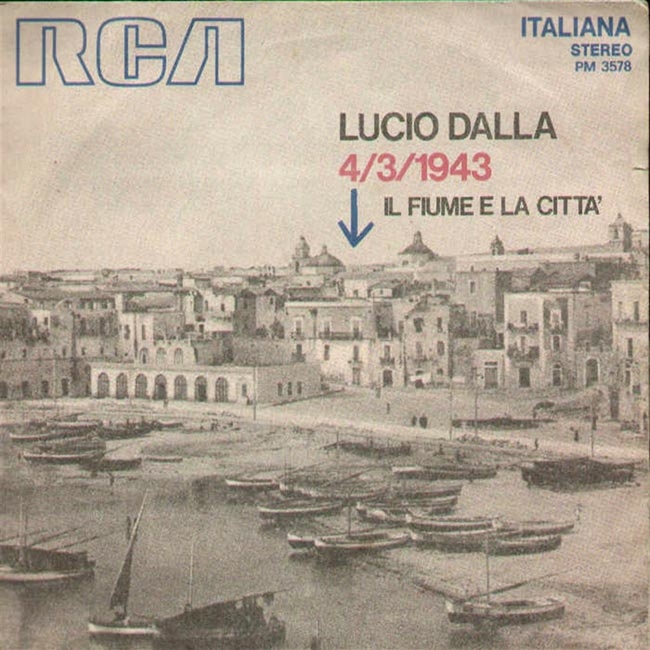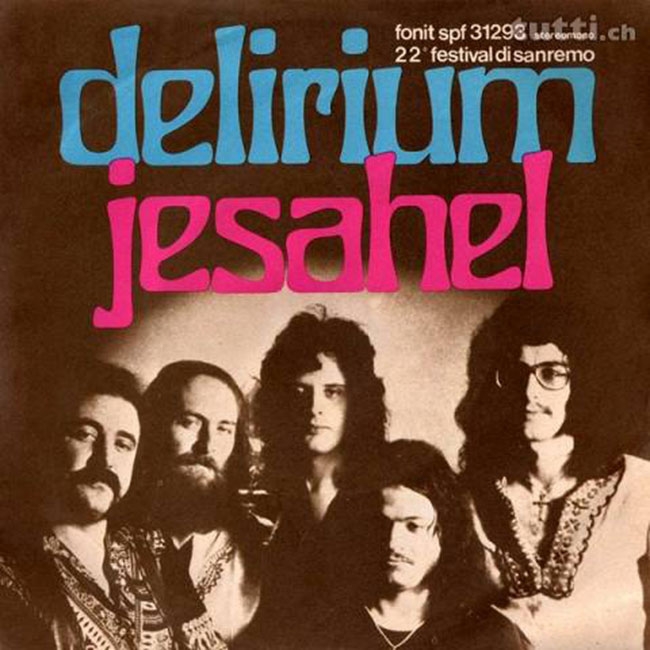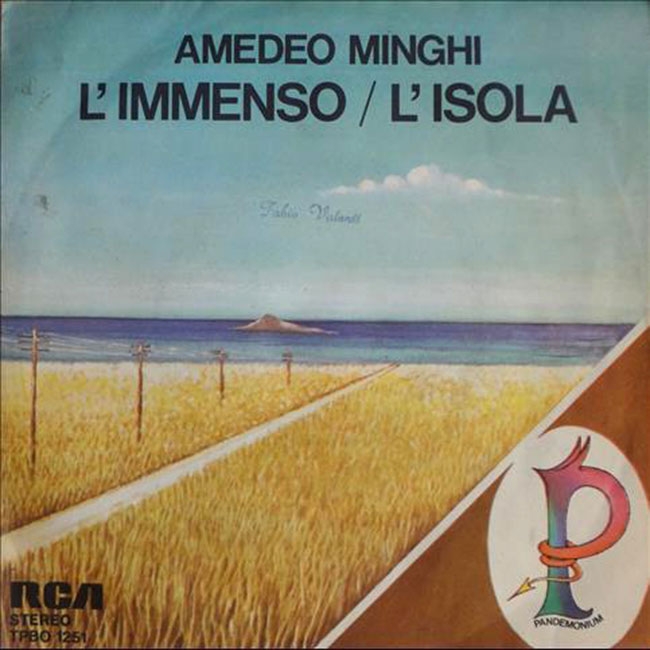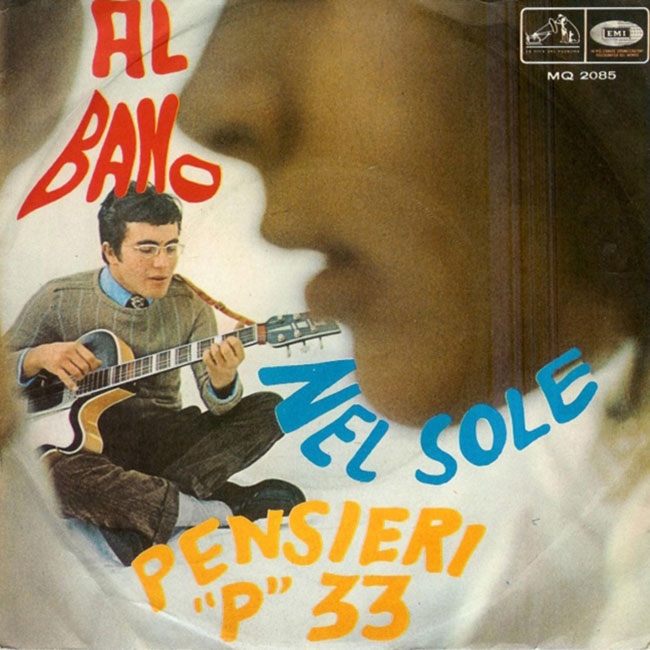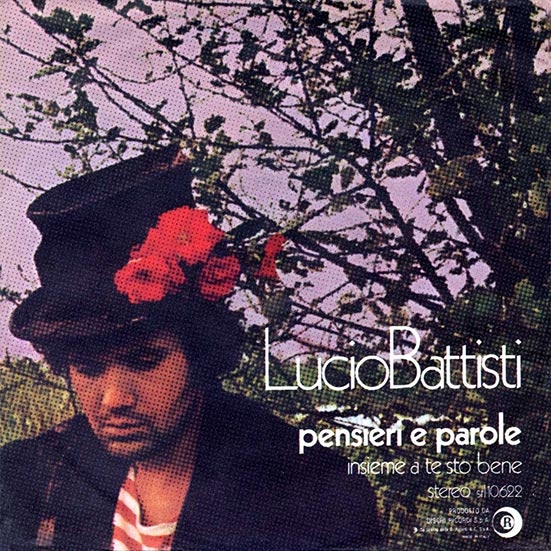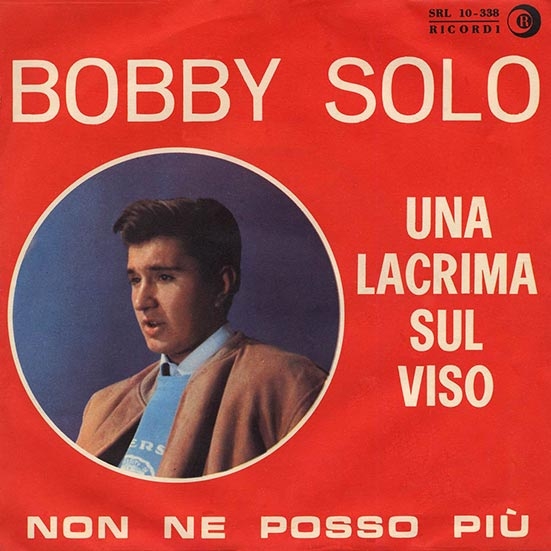
BATTIATO SPERIMENTALE (1972-75)
Experimental Battiato (1972 - 75)
The recent passing of Franco Battiato (1945-2021) has inspired us to explore a lesser known phase of his discography, in contrast to the commercial hits of the 1980s and his ambitious works of the last twenty years, somewhere between symphony, covers and the orient. The aim of this collection is to document the experimental period of an artist who is considered one of the most original in progressive Italian music, a period spanning only four years (1972-75) when the musician from Catania worked with the Bla Bla label of Pino Massara (a very valid songwriter for Arigliano, Mina, Celentano, Al Bano) also producer and author of most of the lyrics on five albums that are historic in their own way. Taken from Fetus (1972), the debut on 33 rpm, are the title tracks, Fenomenologia and Meccanica. From Pollution (1972), also inspired by the science fiction novel Brave New World by Aldous Huxley, Il silenzio del rumore/31 dicembre 1999 and the long suite (over half an hour) Pollution/Ti sei mai chiesto quale funzione hai? From Sulle corde di Aries (1973), unanimously considered a masterpiece of progressive Italian music, come Aria di rivoluzione and Da oriente a occidente. From Clic (1974) come the tracks Propiedad prohibida, which was used as the theme music for TG 2 dossier, and Ethika fon Ethica, a sound collage that evokes certain works by John Cage. The last song Canto fermo - from M.elle le Gladiator (1975) is an instrumental performed by Battiato on the organ of the cathedral of Monreale. Positioned somewhere between electronic and avant-garde, Stockhausen and minimalism, what emerges is the avid curiosity of a composer under thirty who was perfectly at ease in the inaccessible territories of a research that was always on the verge of rock but remained on this side of the ford. Battiato performed many of these compositions for the omnivorous pop festival audiences, where the synthesised sounds blended well with those of the environment, challenging the conventions to which music had become accustomed for centuries.

